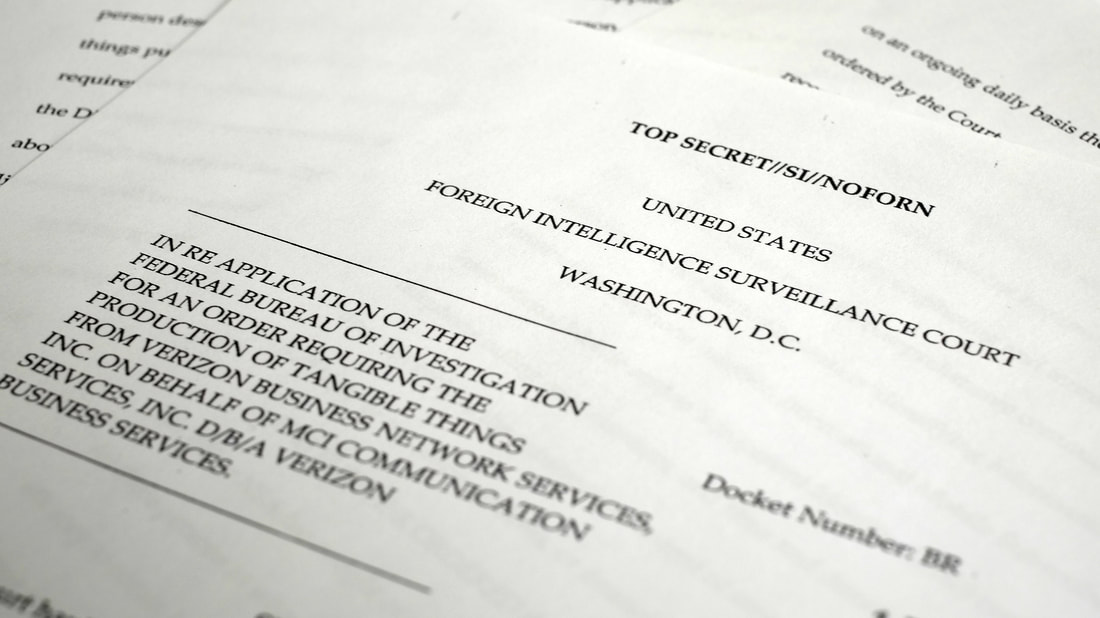|
In April, the Foreign Intelligence Surveillance Court of Review (FISCR) published an opinion that set the civil liberties community on edge. It addressed whether it had jurisdiction to resolve several First Amendment claims seeking access to opinions of the Foreign Intelligence Surveillance Court (FISC).
FISCR acknowledged that civil liberties groups that brought suit had satisfied two of the three jurisdictional requirements. First, a lack of access to these opinions was unquestionably an injury that could be redressed by a court, making the case actionable and live. Second, the FISC withheld those opinions based on federal law. But FISCR found that the third needed category—that the issue must be authorized by a “jurisdictional statute”—was not satisfied. Last week, FISC acted on this standard, rejecting requests for opinions regarding bulk data collection. In three cases brought by civil liberties organizations seeking access to unreleased opinions, FISC dismissed each motion for a lack of jurisdiction, notwithstanding the strength of the First Amendment claims of access. “Orwellian” is a word that gets a lot of use these days, but when a court needs special permission to decide questions about its own internal procedures, that adjective certainly comes to mind. What’s next, a requirement for a specific grant of permission to decide what to order for lunch? While some other court perhaps could rule on the issue, or not, the public should not have to scurry from court to court begging for basic information on what its government is up to. What can be done? Congress should step in to correct the situation and provide the express authority regarding FISC has held it lacks. Congress can provide the American people with the means to hold the courts accountable by slightly but explicitly expanding FISC’s—and FISCR’s—jurisdiction to allow it to hear First Amendment right-of-access claims. Of course, granting FISC jurisdiction to consider these questions would not resolve their merits. But FISC, like every federal court, would be free to determine—in each case—if maintaining the secrecy of its opinions would be the necessary, least-restrictive way of furthering the government’s national security interests. Unless Congress amends the jurisdictional statutes, FISC and FISCR will be free to continue to dismiss even the most meritorious claims. So Congress should fix this defect—after, all a right without remedy is no right at all. Comments are closed.
|
Categories
All
|


 RSS Feed
RSS Feed